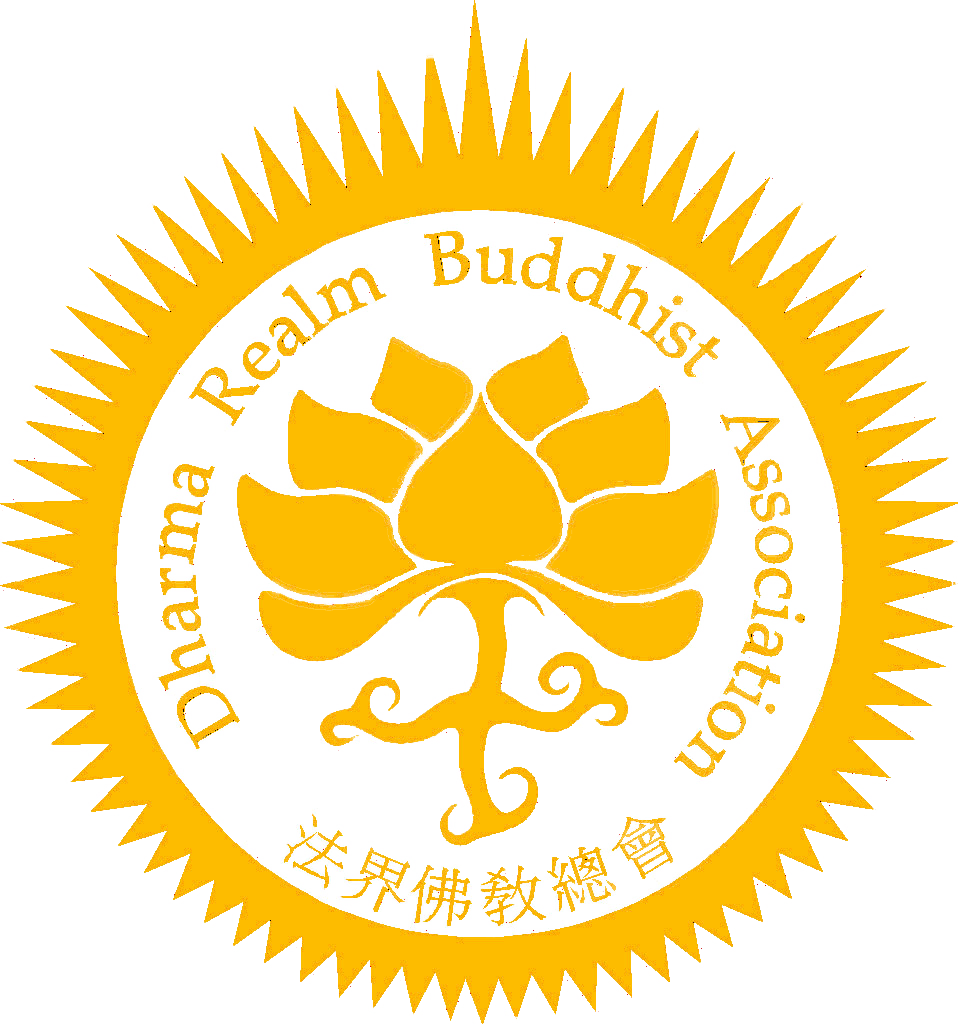 Snow Mountain Monastery
Snow Mountain MonasteryBuddhism is a religion and philosophy that originated in ancient India around 2,500 years ago. It was founded by Siddhartha Gautama, who later became known as the Buddha, which means “the enlightened one.” The Buddha’s teachings focus on the Four Noble Truths, which explain the nature of suffering and the path to liberation from suffering, and the Noble Eightfold Path, which outlines the practices and attitudes that lead to the end of suffering.
Central to Buddhist philosophy is the belief in impermanence and the interconnectedness of all things. Buddhists aim to cultivate wisdom, compassion, and ethical conduct in order to achieve a state of enlightenment or Nirvana, which is a state of ultimate peace, freedom, and happiness.
Buddhism has spread throughout Asia and beyond, and today there are millions of Buddhists around the world, with different traditions and practices.
Buddhism is just the Teaching of living beings. If there were no living beings, there wouldn’t be any Buddhism. And the Teaching of living beings is just the Teaching of the Mind.
Every person has a mind, and it is that teaching. That teaching is not obtained from outside. You have it to start with. If you believe that teaching, you have that teaching; and if you don’t believe that teaching, you still have that teaching, because everyone has a mind. You can’t say you don’t have a mind. If you didn’t have a mind, that teaching wouldn’t exist, and without that teaching there wouldn’t be living beings.
And if there were no living beings, there wouldn’t be Buddhas either. That’s the name I give it: the Teaching of living beings, and the Teachings of the Mind – Buddhism. The three names refer to the same thing…
